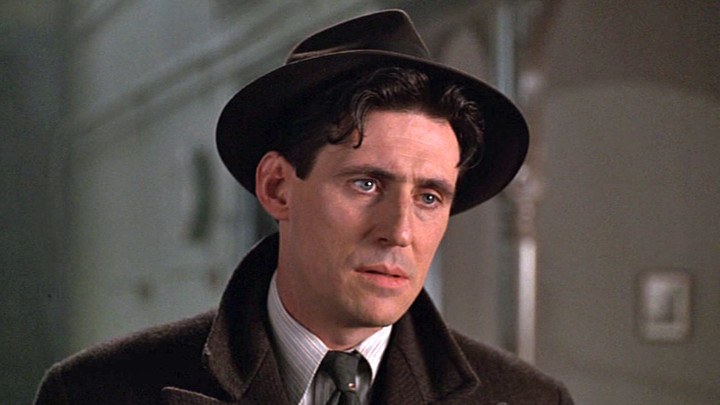
At Taste of Cinema we’ll be the first to admit that the term “masterpiece” gets tossed around more than a beachball at a Coldplay concert, often designated to films that are very of-the-moment but lack any kind of longevity or lasting resonance (this explains how high-profile Oscar winners like Forrest Gump, Crash and Green Book can initially win accolades only to be universally derided and mocked once the honeymoon is over). It’s with a little of that 20/20 hindsight that the following list has been made, looking back at fairly recent cinematic history to the American films that have left an undeniable and influential mark and yet, largely remain overlooked outside of niche audiences, often of fellow filmmakers or cineastes.
The 10 films that follow were released in the 1990s and in the years since have proven their influence and artistic merit, guaranteeing startling reveals, original and/or reworked expressions and ideas that may well become your new cinematic obsession. Enjoy!
10. Tombstone (1993)
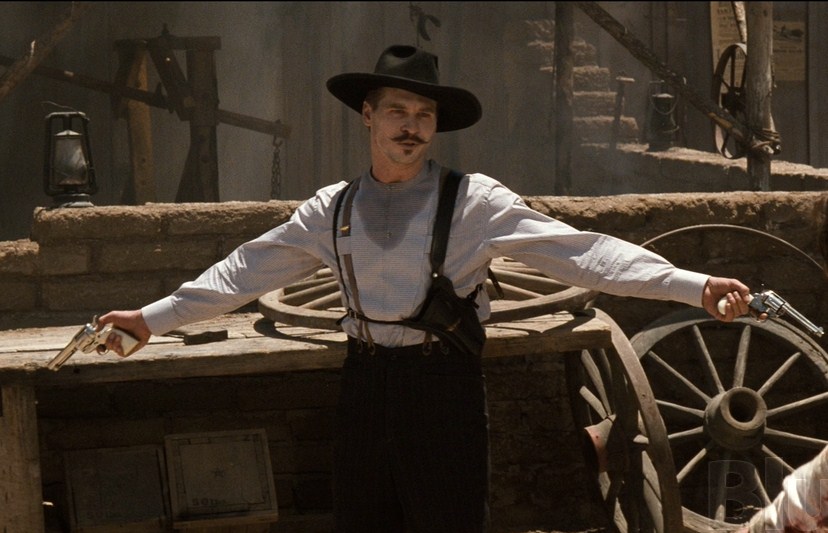
One of the unexpected pleasures of George Cosmatos’s revisionist western Tombstone is Val Kilmer’s scene-stealing supporting turn as an enervated yet altogether dangerous Doc Holliday. “I’m your huckleberry,” he ripostes, trying to veneer his exhausted, TB-racked frame. Doc, along with Wyatt Earp (Kurt Russell) and his brothers Morgan (Bill Paxton), and Virgil (Sam Elliott) take on the Clanton gang, bringing justice and decorum to the off-course town of Tombstone, Arizona.
Riding the renewed wave in westerns that returned during the 1990s, Tombstone’s untraditional genre reshaping renounced historical accuracy, narratively speaking, in favor of, amongst other things, feminist philosophy — the women in Tombstone, particularly Josephine (Dana Delaney) is lax, liberated, and impossibly contemporary — and flashy window-dressing. It’s swagger is trivial for all the fist-pumping action sequences and indelible one-liners it delivers.
“You’re a daisy if you do.”
9. Welcome to the Dollhouse (1995)
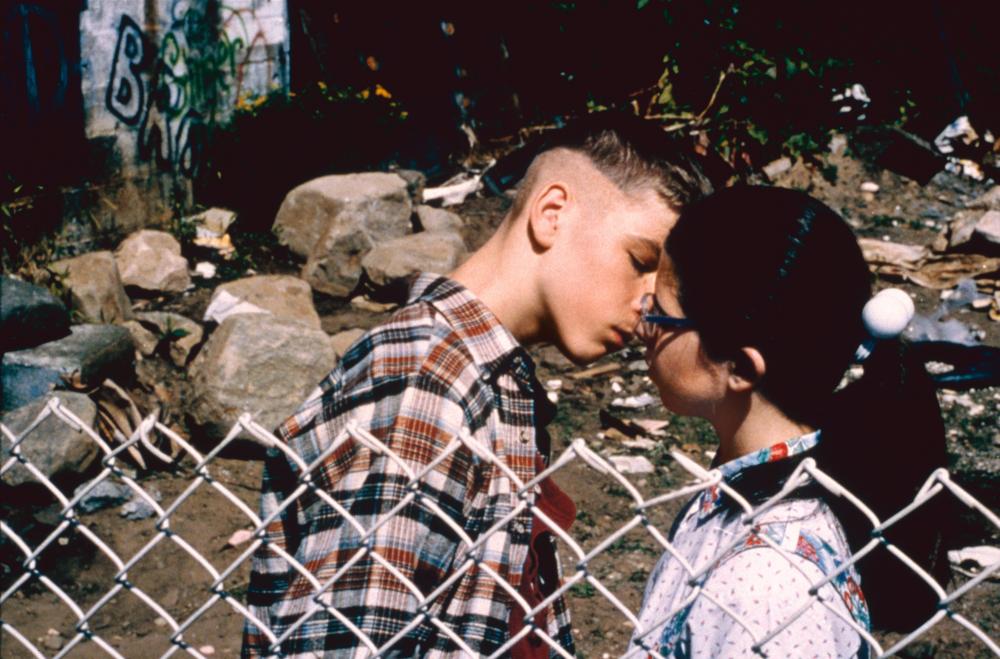
Todd Solondz’s second feature as writer-director is the bitterly amusing coming-of-age black comedy Welcome to the Dollhouse (his first feature film was 1989’s little seen musical comedy Fear, Anxiety & Depression), and it was the toast of Sundance in ‘95, where it took home the Grand Jury Prize.
Set in one of writer-director Solondz’s favorite locales, middle-class suburbia, Welcome to the Dollhouse unrolls amidst a New Jersey adjacency where a ruthlessly teased middle-school student, eleven-and-a-half-year-old Dawn Wiener (Heather Matarazzo) lives. Painfully shy and reluctantly nicknamed “Wiener Dog” by her peers, Dawn is the middle child caught between her snobby nerd of an older brother Mark (Matthew Faber) and her fawned over little sister Missy (Daria Kalinina), with little room for herself to fit in and be a pre-teen.
A frequently dark and oftentimes cruel tale of 7th-grade exploitation –– this is a Solondz film, after all –– Dawn isn’t always portrayed in a sympathetic or even pleasant light. She’s rather flawed, and frequently contentious, even when being harassed and hazed by her tormentor Brandon (Brendan Sexton III). A critically lauded picture, and something of a sleeper, this is a quirky and rather cold-blooded account of the awkward stage before adulthood, told with provocation and spite, yet guiltily as amusing as it is mean.
8. Trust (1990)

Writer-director Hal Hartley (Simple Men, Amatuer) is in fine form in this engaging, darkly romantic, and delightfully droll indie comedy, Trust. A favorite amongst Hartley fans, this clever and quirky film features two brilliant performances from leads Adrienne Shelly and Martin Donovan as unlikely Long Island love interests Maria Coughlin and Matthew Slaughter.
Maria is a high school dropout and expectant teen mother and Matthew is an unemployed electronics wizard –– he just told off his boss before locking his head in a vise –– who has issues controlling his temper and has one dick of a deadbeat dad (John MacKay).
Hartley’s dialogue sparkles, and while the world he has created is bleak and bereft, it’s populated with engaging and intelligent characters, wry observations, and clever complications. The stylized and formal presentation, which is quite creative considering the low budget and largely unrecognizable cast, may take some warming for audiences unfamiliar with Hartley’s sophisticated approach to storytelling and postured subtlety, but for fans, this film is catnip. Self-conscious, stubborn, and fanciful perhaps to a fault, Trust is an arthouse gem that’s as sardonic and sincere as the two young lovers at its generous heart.
7. Twin Peaks: Fire Walk with Me (1992)
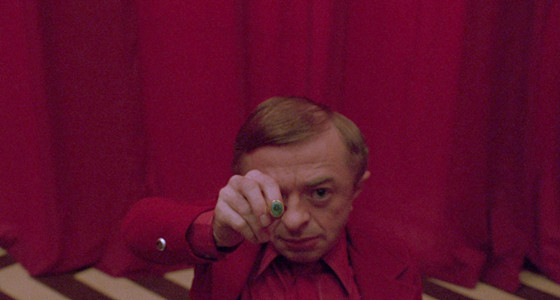
David Lynch is certainly no stranger to exposing the darkness belying the underbelly of small town America, and this is exemplified and epitomized both in his groundbreaking neo-noir mystery film Blue Velvet (1986), and his iconic 1990s TV series Twin Peaks.
Morally ambiguous and deliberately arthouse, Fire Walk With Me appeared in multiplexes a year after the Twin Peaks TV series was unceremoniously sacked (thankfully resurrected in 2017), and fans hoped it would shed light on the cryptic and confusing series finale – itself a small-scale masterpiece of expectation subversion – the film was, for better or worse, a hallucinatory and amusing mindfuck.
Lynch, with his uncanny talent for sidestepping easy categorization makes challenging, adult-oriented cinema, Fire Walk With Me, which was critically derided and outraged fans of the TV show back in ‘92, has, in recent years, been reassessed and rightly recognized. And while it didn’t pick up where the series ended, it’s a kinda sorta prequel that details both FBI Special Agent Chester Desmond’s (Chris Isaak), and Agent Sam Stanley’s (Kiefer Sutherland) murder investigation of Teresa Banks (Pamela Gidley), pre-dating the Twin Peaks murder mystery slant, as well as the days leading up to Laura Palmer’s (Sheryl Lee) disappearance and death.
Made complete with standout performances – Ray Wise is terrific, as is David Bowie in a small role, and Kyle McLachlan’s Special Agent Dale Cooper is a customary cult icon – an atypically haunting Angelo Badalamenti score, and a formalistic and denotative directorial style. Mental misery is given a masterclass, and the whispered line, “he’s under the fan now” is pure nightmare fuel, is it not?
6. Ghost Dog: the Way of the Samurai (1999)
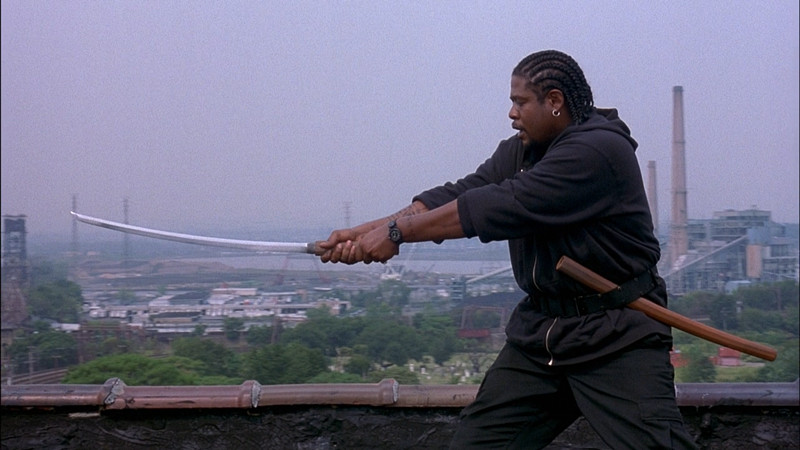
Ghost Dog is, simply put, just another one of those hip-hop gangster movies infused with Japanese warrior folklore, filtered through the French existential thrillers of Jean-Pierre Melville, with a splash of Seijun Suzuki for added sting. Got that?
Forest Whitaker astounds as the eponymous Ghost Dog, a contract killer without peer, also the retainer of a Jersey City-based Mafia don named Louie (John Tormey), who saved his life years ago.
An obvious homage to Melville’s Le Samouraï (1967), Ghost Dog is an imaginative, stylish, surreal fever dream of a film with a poignant lead performance from Whitaker, a genius score from Wu-Tang Clan’s RZA, and the familiar flourishes and arthouse embellishments that Jim Jarmusch (Down By Law, Dead Man) fans have come to expect. That said, this is a melancholic, meditative, and anodyne affair, and not your typical action-thriller by any means. If you like your films subversive, off-kilter, deliberately paced and unpredictable than you better bay at the heels of Ghost Dog. And if Jarmusch and his fans have their way, a long awaited and hotly anticipated sequel just might materialize in the not too distant future.